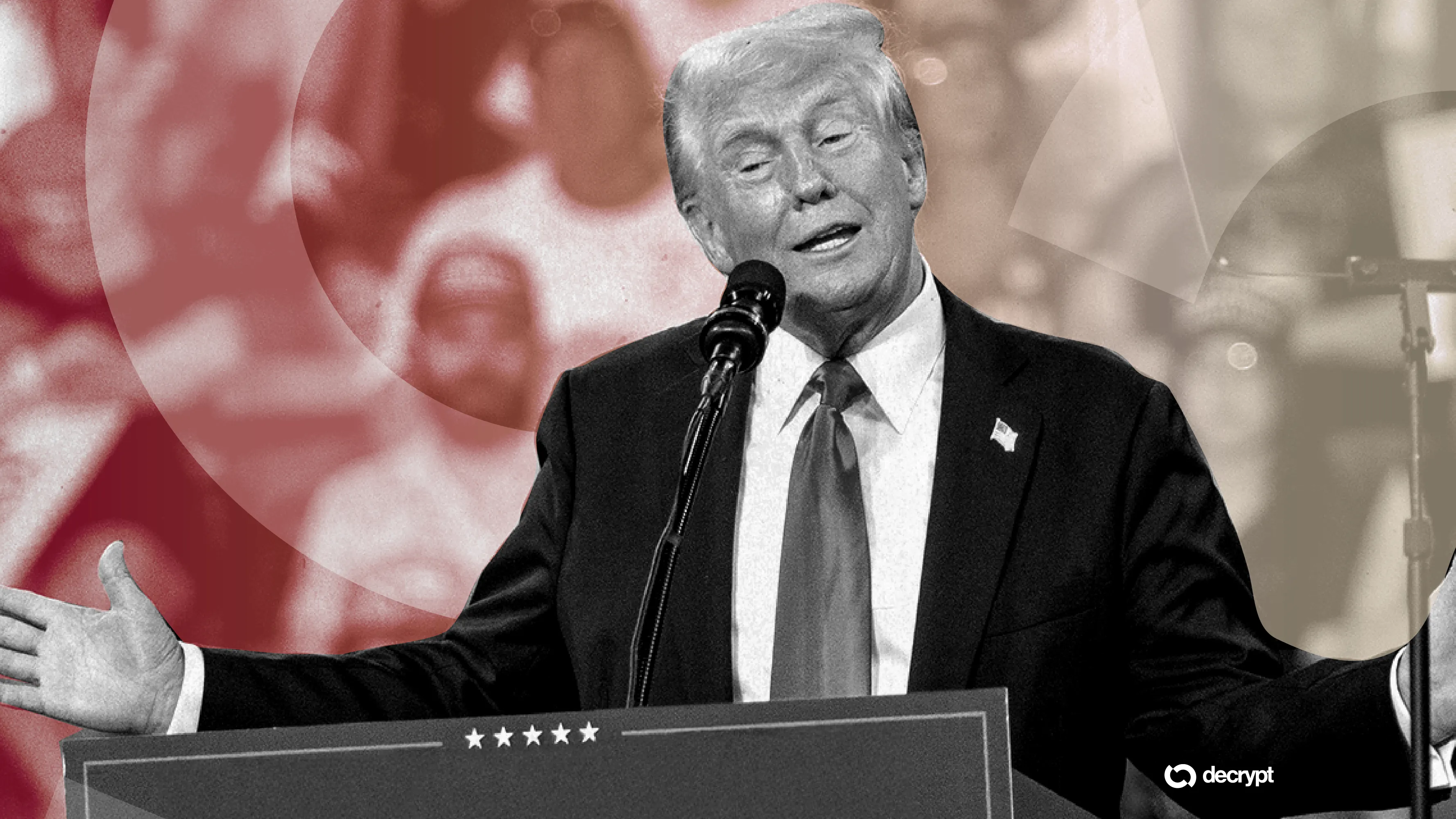The fallout from the 2008 global recession is still fresh in the minds of many, but according to Mark Carney, governor of the Bank of England, there may be very little in place to stop the next one.
Speaking to the Financial Times the incumbent BOE governor affirmed that "ammunition" used to fight an economic crisis was exhausted from the last struggle.
“If there were to be a deeper downturn, [that requires] more stimulus than a conventional recession, then it’s not clear that monetary policy would have sufficient space,” Carney explained.
Conversations of the next global economic catastrophe have heightened recently. Last year, financial strain almost reached breaking point as the US Federal Reserve went on rate cutting rampage, all in an effort to revitalize a stagnating economy. Meanwhile, the rest of the world upped their easing game—printing more money to keep the economy shifting.
The European Central Bank pledged to buy €20 billion government bonds per month “for as long as necessary,” and Britain arguably hasn't switched off the printing press in over a decade. In the US, the Federal Reserve has been pumping hundreds of billions of dollars into the economy by selling repos—market repurchasing agreements—to banks, promising to buy them back a short while later.
The soon to be former BOE governor isn't alone in his concerns. Back in October last year, the World Economic Forum (WEF) published its annual Global Competitiveness Report. One glaring observation implied that while the next recession would likely be less "severe" than the last, policymakers possess fewer options to quell a crisis this time around.
With existing monetary policy unable to make a dent in the next financial disaster, Carney advocates a more unconventional approach: even more quantitative easing and cutting rates to zero.
However, lowering interest rates risks the potential of a liquidity trap—in which capital is hoarded en masse, proliferating economic stagnation. In this event, even the most expansionary monetary policy would be rendered useless.
As a consequence, full-on quantitative easing may be adopted. But there’s a limit to how much a government can just print money without devaluing the currency beyond reason—as has been seen in Venezuela. But if the only financial solution won’t work, a recession may be inevitable.




